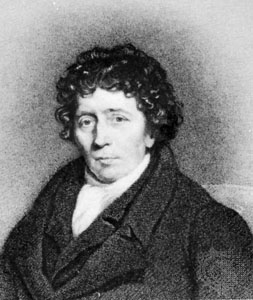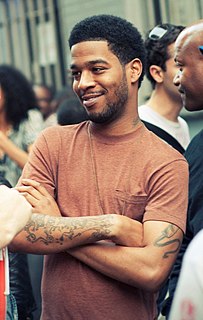A Quote by Giacomo Casanova
I have lived as a philosopher and die as a Christian.
Quote Topics
Related Quotes
I was a scholar at the American Enterprise Institute (AEI) in Washington, and my neighbor was Michael Novak, a theologian and philosopher who has written about issues like the morality of capitalism and the Christian roots of free markets. It's possible to be fascinated intellectually with the Christian heritage without being devout.
I have always taken as the standard of the mode of teaching and writing, not the abstract, particular, professional philosopher, but universal man, that I have regarded man as the criterion of truth, and not this or that founder of a system, and have from the first placed the highest excellence of the philosopher in this, that he abstains, both as a man and as an author, from the ostentation of philosophy, i. e., that he is a philosopher only in reality, not formally, that he is a quiet philosopher, not a loud and still less a brawling one.
Socrates dies with honor, surrounded by his disciples listening to the most tender words -the easiest death that one could wish to die. Jesus dies in pain, dishonor, mockery, the object of universal cursing - the most horrible death that one could fear. At the receipt of the cup of poison, Socrates blesses him who could not give it to him without tears; Jesus, while suffering the sharpest pains, prays for His most bitter enemies. If Socrates lived and died like a philosopher, Jesus lived and died like a god.
That the religious right completely took over the word Christian is a given. At one time, phrases such as Christian charity and Christian tolerance were used to denote kindness and compassion. To perform a "Christian" act meant an act of giving, of acceptance, of toleration. Now, Christian is invariably linked to right-wing conservative political thought -- Christian nation, Christian morality, Christian values, Christian family.
The leap of faith is a strategic impasse that confronts every Christian in search of converts; and, as he sees the matter, there is no wrong way to become a Christian. It is the end that is importnat, not the means; it does not matter why you believe, so long as you believe. For the philosopher, in contrast, the paramount issue is the justification of belief, not the fact of belief itself.



































